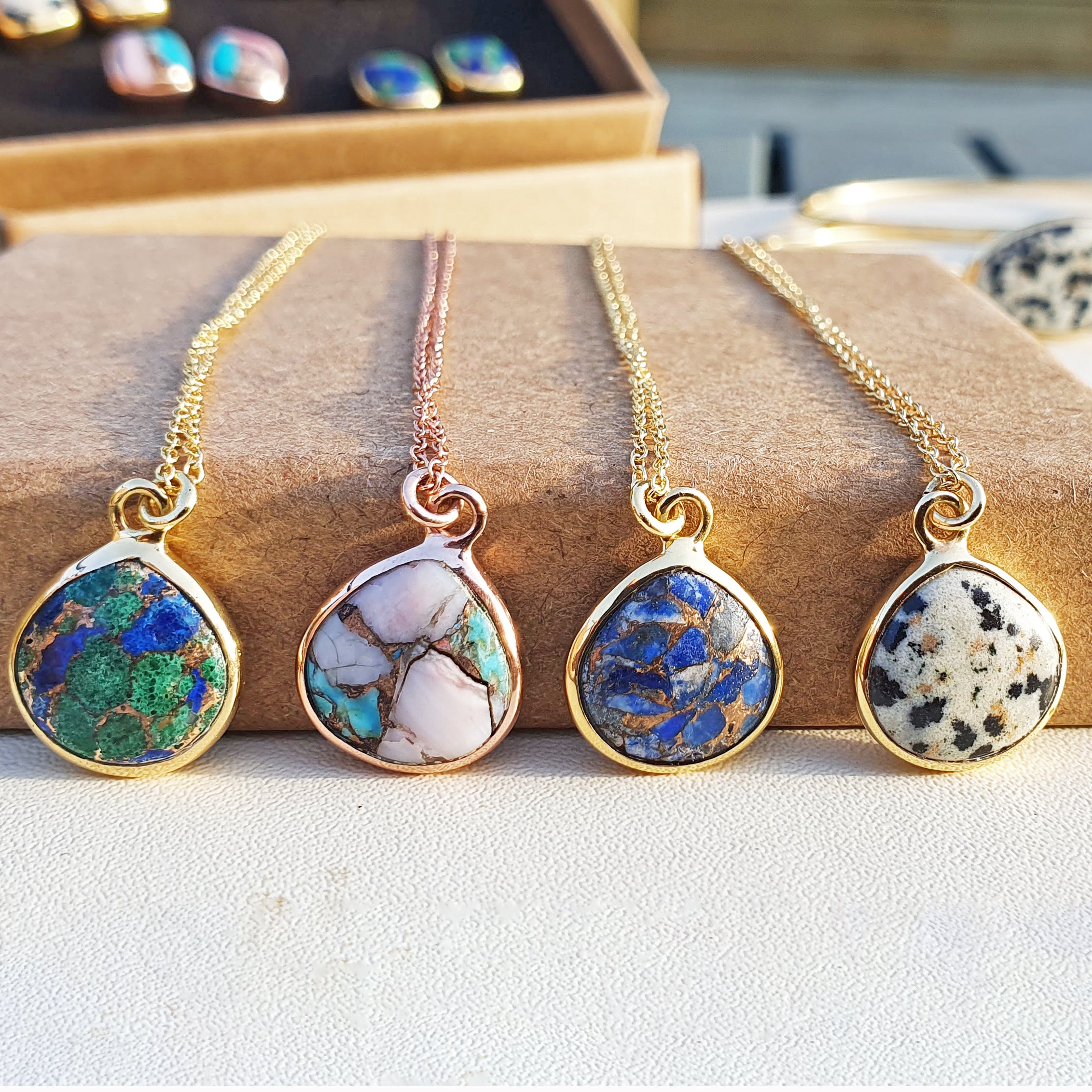The Importance of Sustainable Materials
To commemorate World Environment Day we’re going to be taking a look at the importance of sustainable materials in ethical fashion. We here at Harfi are big fans of using the most sustainable materials we can find, as for us, the environmental side of ethical fashion is just so important.

The Growth Of Fast Fashion
With the growing emphasis on sustainability in pretty much all sectors, we think it’s fantastic that fashion is slowly picking up the pace. We have seen some major brands start initiatives to start phasing in more ethical materials and manufacturing processes. We have also seen brands bring in clothes recycling and reusing projects, where customers can bring old and unused clothes into the store. While these steps are absolutely something we love to see, we think there is always more to be done when it comes to making fashion more sustainable.
Clothing made from sustainable materials was the norm for quite a while before the emergence of consumerism and fast fashion. Materials like cashmere, hemp, and cotton were easy to keep in good condition and repair if needed. While hemp fell out of favour in the early 20th century due to being associated with marijuana, the others continued to be popular until the cheaper unsustainable fabrics were developed.
Thanks to all the developments in clothing and fabrics, we now have a whole raft of man-made sustainable fabrics to choose from. These include a recyclable nylon alternative and some fantastic vegan leathers.

Environmental Impact
The main importance of sustainable materials comes from the massive environmental impact of the fashion industry as a whole. The average American household creates a whopping 32 kg of textile waste every year, scale that up across the whole of the Western World, and that is a whole lot of waste. Some estimates say that a total of 2 billion kilos of waste is generated yearly, which adds a whopping 15 million tons of carbon dioxide to our atmosphere. Some other shocking stats that just illustrate the point are that the textile industry takes up 5% of all landfill space worldwide, fashion supply chains are responsible for 10% of all greenhouse gas emissions, and the environmental impact of fashion production is greater than that of international flights and shipping combined.
Another fairly major part of the importance of sustainable fashion is the effect that the synthetic materials used in fast fashion have on the environment. In quite the unsurprising turn of events, using microfibres, synthetic fabrics, and polyester has a horrendous impact on local environments.
We also have to note that the massive water usage that goes into fashion production has an equally massive impact on water scarcity around the world. As so much textile production already takes place in areas of the world that are affected by water scarcity, like South Asia, South-East Asia, and North Africa, the impact is massive.

Sustainable Alternatives
Harfi holds ethical fashion very close to its heart. We strive to make our brand as sustainable as possible by working with our artisans to use only natural and locally sourced fabrics and metals in our pieces. The importance of sustainability in fashion will only grow as we continue to impact the environment as a society, and we hope to see everyone working together to make it better.
You can read more about how much we value ethical production here!





Leave a comment